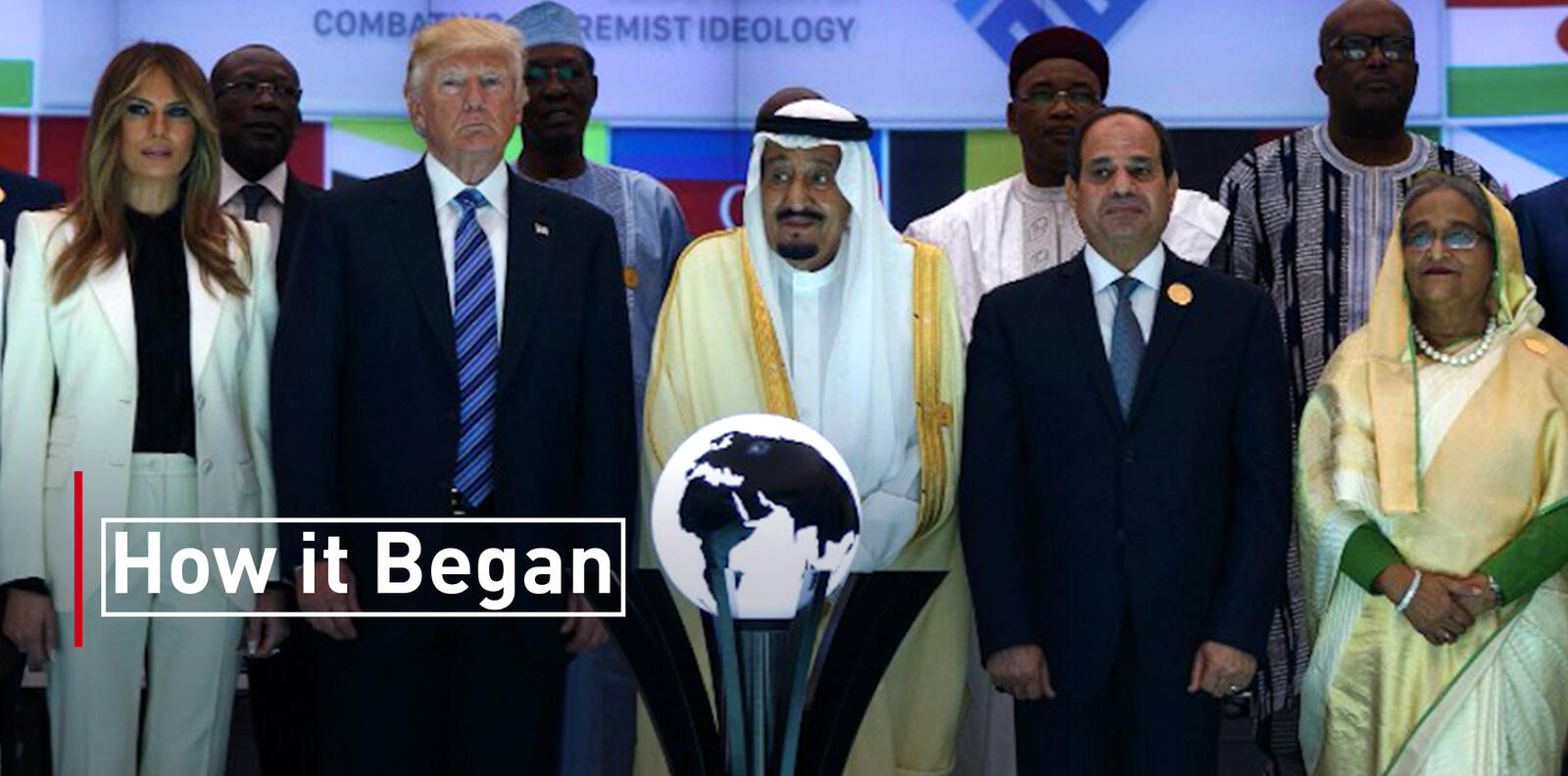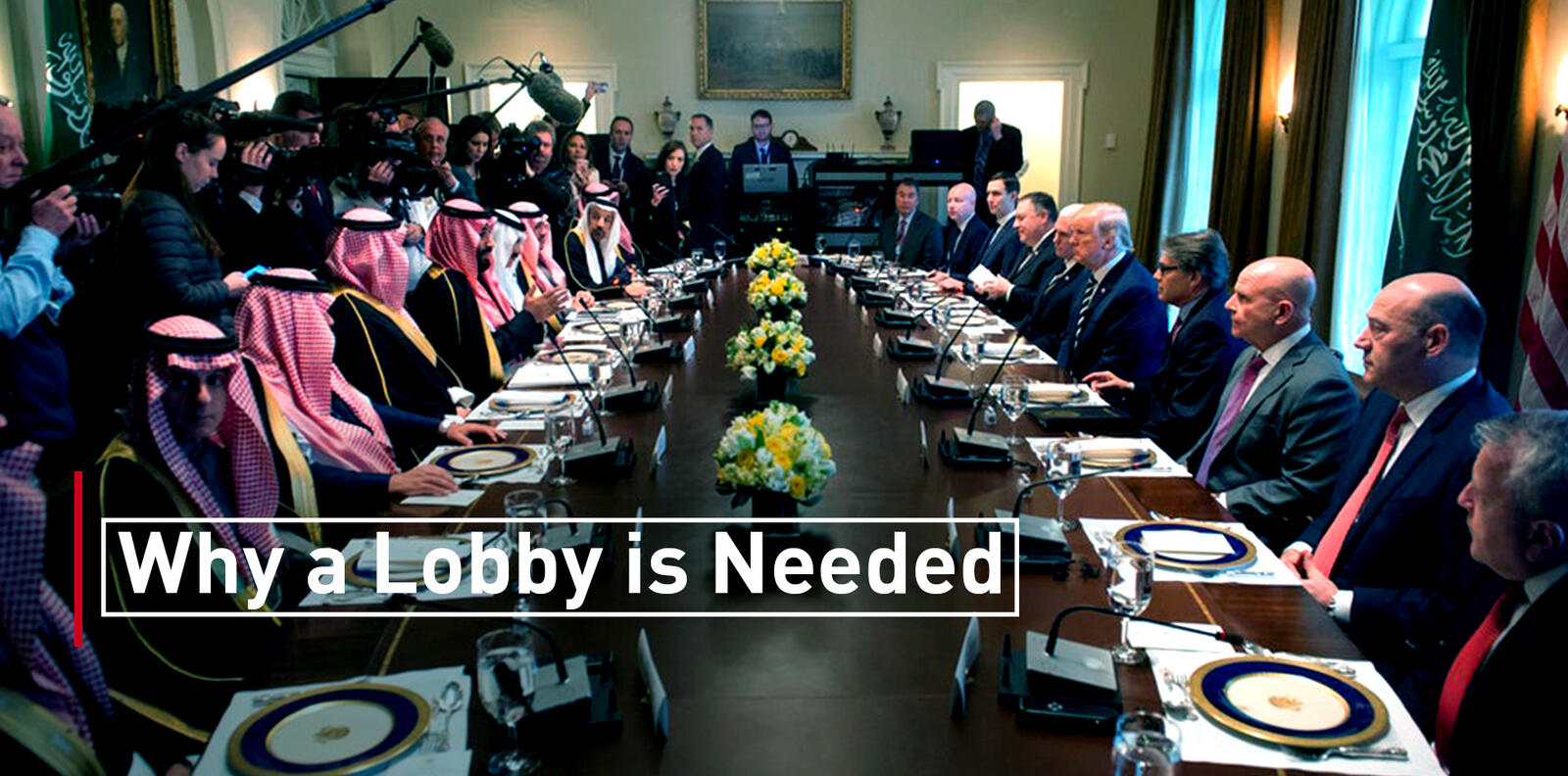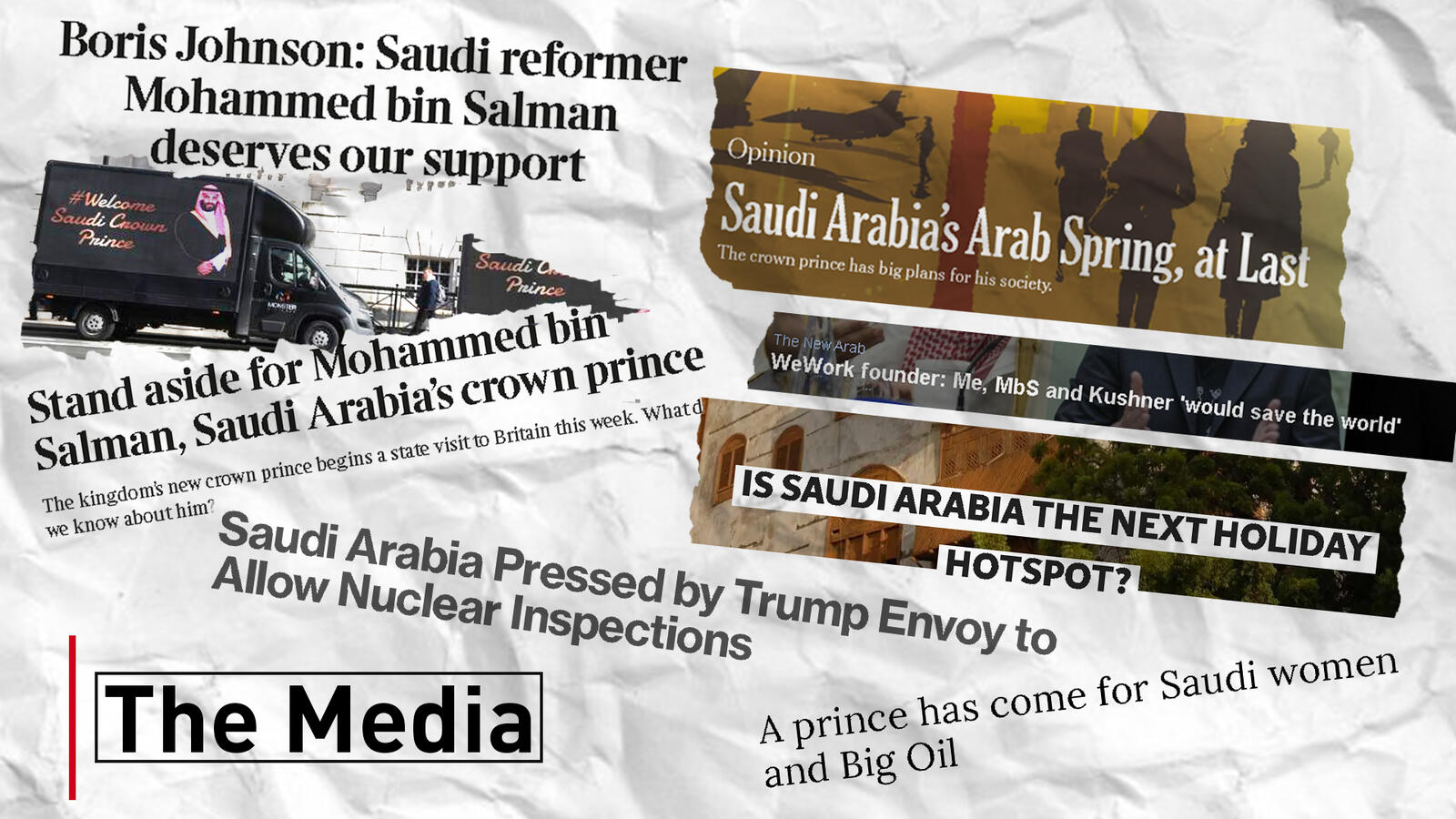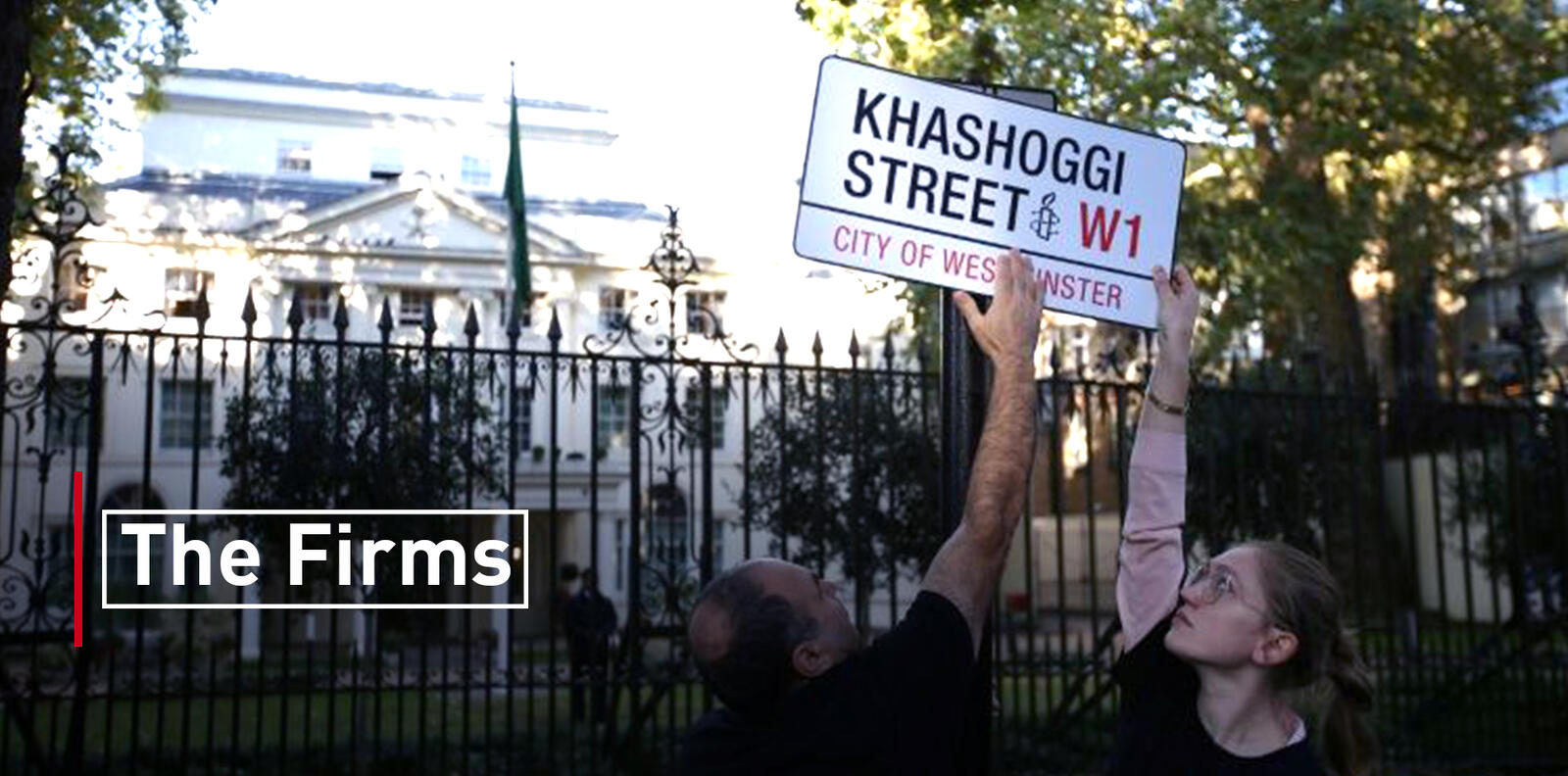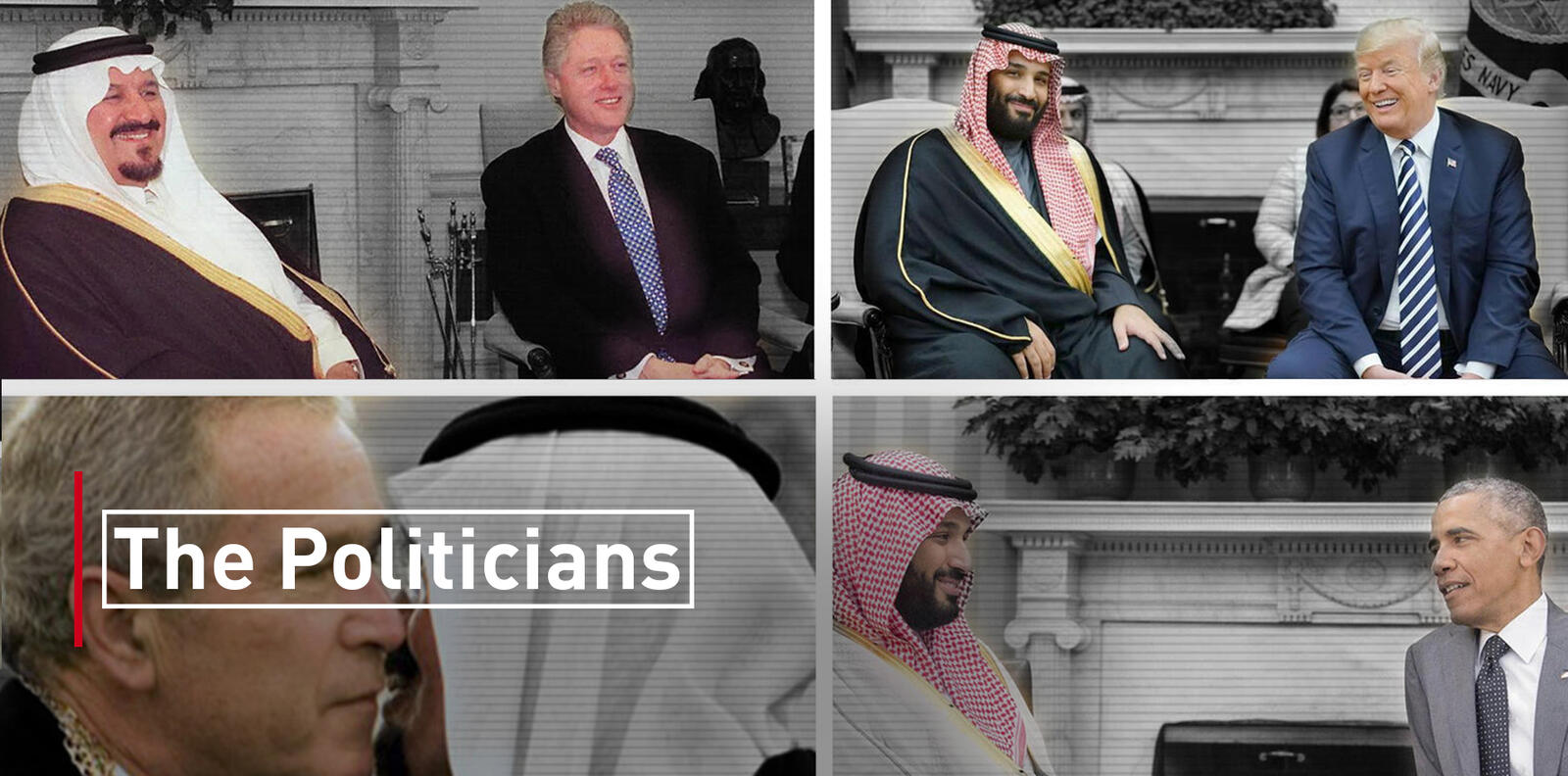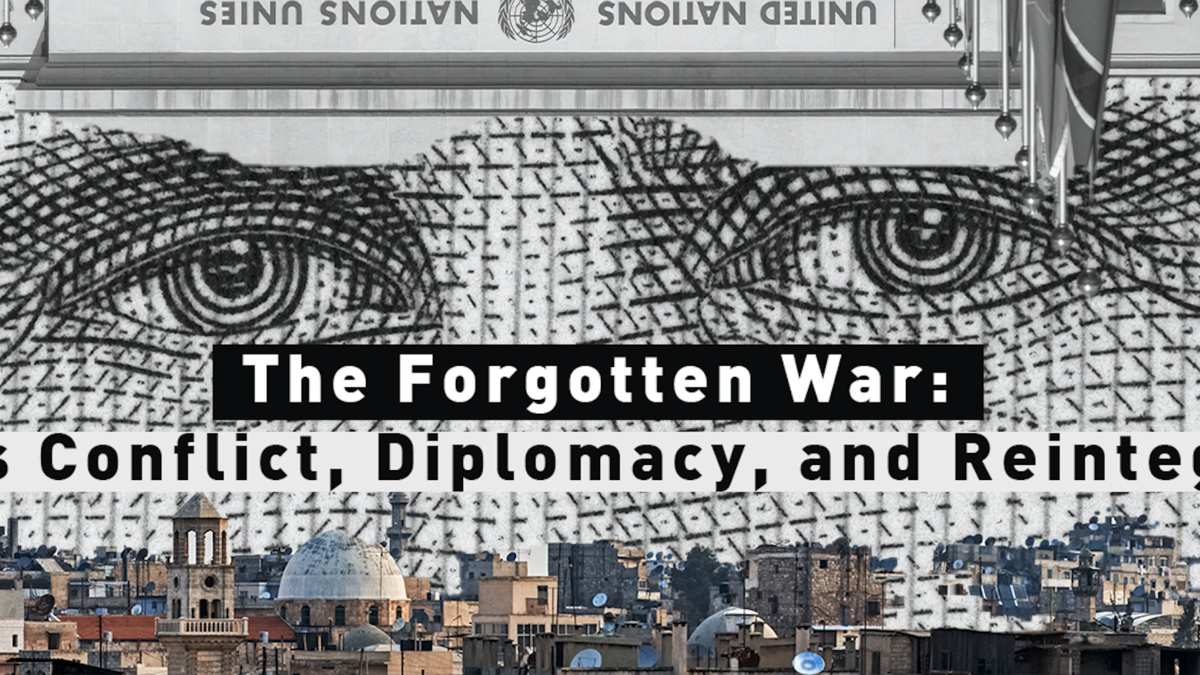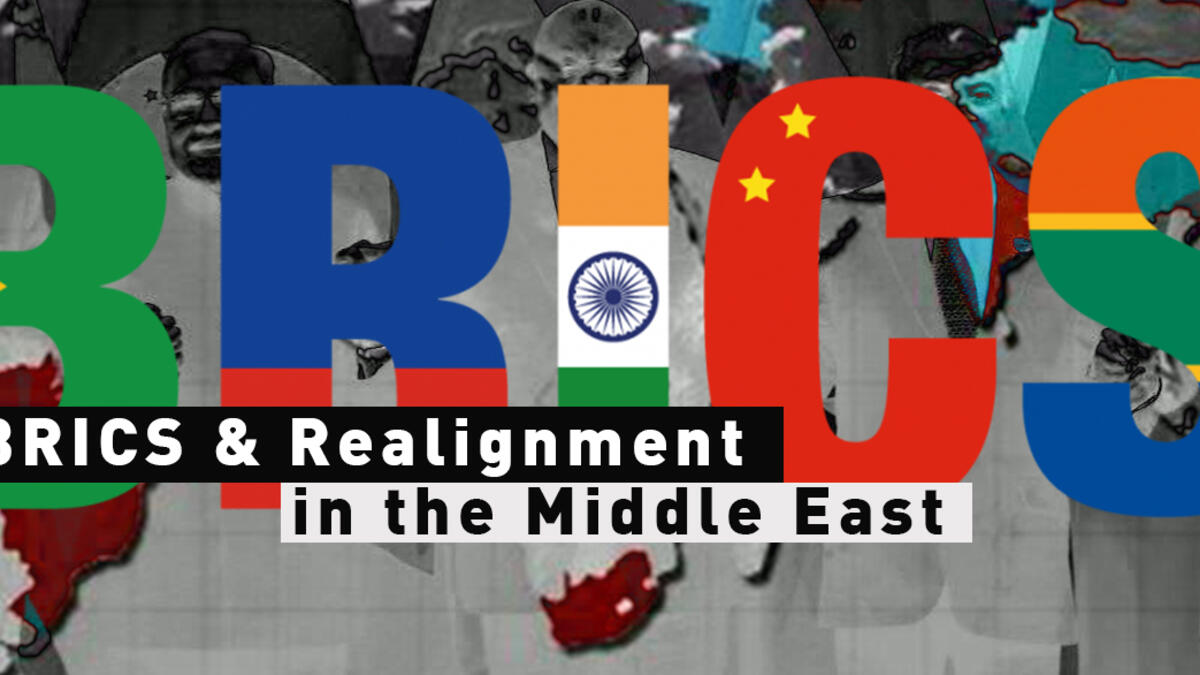Why a Lobby is Needed
It is no surprise that among these scandals, trust for Saudi Arabia in America has come at an all-time low. A new poll showed that barely one in five Americans view Saudi Arabia as an ally. After the death of Jamal Khashoggi, a journalist who decided to take the side of Qatar against the Saudi royal family in the diplomatic dispute with Saudi Arabia, the relationship with the U.S. government reached an unprecedented low point, in part because of Qatar’s equally, if not more powerful lobby in the United States.
The new Crown Prince of the Saudi Kingdom, Mohammed bin Salman, reportedly invested millions in the United States to guarantee its image wasn’t tarnished with its most important ally.
A new poll showed that barely one in five Americans view Saudi Arabia as an ally.
As a result, the U.S. government continues to overlook Saudi Arabia’s controversial role at home and abroad, which has resulted in counter-productive and self-destructive policies with the rise of terrorism and humanitarian atrocities being committed with U.S.-made weapons in Middle Eastern countries like Yemen. Part of this toxic relationship can be explained in terms of defending a commercial partnership, where Saudi Arabia provides the U.S. oil at reasonable prices and creates jobs in the United States by purchasing from its weapons manufacturers.
The political influence Saudi Arabia has on the U.S. government however, goes even deeper. For example, Congress had passed a resolution in April 2019 to end the U.S. supplying arms in the Yemen war, thereby sending a strong message against the coalition that has contributed in causing one of the world’s worst humanitarian crises, according to a UN report. President Trump decided to veto the resolution, by merely claiming it was “unnecessary."
An ironic statement, considering there is no reason the U.S. should be supporting the Saudi-led coalition in Yemen in the first place. The war has resulted in the death of countless innocent civilians half-way across the globe and the resurgence of Al-Qaeda, the same group which committed 9/11, which the Saudis are funding in Yemen.
The war has resulted in the death of countless innocent civilians half-way across the globe and and the resurgence of Al-Qaeda, the same group which committed 9/11, which the Saudis are funding in Yemen.
So why would Congress take so long to pass a resolution that would protect America’s interests — and why would Trump decide to veto it without a valuable justification? The only answer can be the exceptional influence of the Saudi lobby. The commercial partnership alone between the two countries does not suffice to explain why the United States is unwavering in its support for Saudi Arabia as an ally, considering how troublesome the alliance has been.
Let’s look at the military partnership, which is supposedly providing the U.S. with jobs. The Saudi military is almost completely dependent on U.S. weapons for support, according to a report from the Centre for International Policy. But while Saudi Arabia is heavily dependent on the U.S. for its war machine, the same cannot be said of U.S. dependence on Saudi Arabia for jobs.
What is supposedly a quid pro quo agreement whereby the U.S. would receive numerous jobs at home in manufacturing these weapons for the Kingdom, is in fact far from the truth. Saudi arms sales do not provide a substantial number of American jobs – they create at most tens of thousands of jobs in the United States, not “a million” as President Trump has claimed.
Saudi arms sales do not provide a substantial number of American jobs – they create at most tens of thousands of jobs in the United States, not “a million”, as President Trump has claimed.
Although the latest U.S.-Saudi arms deal amounted to $110 billion, the real paid sum for American produced weapons for Saudi Arabia comes to an average of $2.5 billion per year over the past ten years, which in turn amounts to at most 20,000 to 40,000 jobs. Many of these jobs are located abroad, including in Saudi Arabia.

Even the highest estimate of 40,000 jobs only has a marginal effect on the American economy, as they represent less than three one-hundredths of one percent of the U.S. overall labor force, according to a report by the Centre for International Policy.
In reality, Raytheon, an American defense contractor corporation and Boeing, Lockheed Martin, and General Dynamics, all American aerospace and defense arms manufacture corporations are the biggest beneficiaries. Boeing provides precision-guided bombs, combat aircraft to attack helicopters, Raytheon and Lockheed Martin provide missile defense systems to combat ships to tanks, while General Dynamics provide to transport helicopters and planes to Saudi Arabia.
In reality, Raytheon, an American defense contractor corporation and Boeing, Lockheed Martin, and General Dynamics, all American aerospace and defense arms manufacture corporations are the biggest beneficiaries.
Equally, oil dependency does not suffice as a reason for Saudi Arabia to have such a strong influence in the United States' foreign policy decisions. Canada is the largest provider of oil to the United States, accounting to 43 percent of overall U.S. oil imports, while Saudi Arabia accounts for only 9 percent of U.S. oil imports. Even all OPEC countries combined account for a minority of U.S. imports of oil at 29 percent, according to a report by the U.S. Energy Information Administration.
As we can see, neither arms manufacture jobs nor oil imports can explain why the U.S. continues to support Saudi Arabia in foreign policy decisions that harm its own national interests. Today, Saudi Arabia continues to invest millions to advance its interests in the United States – which it views as a vital partner to defend its ambitions in the wider Middle East, especially against its neighboring enemy of Iran, and lately against Qatar as well.
Neither arms manufacture jobs nor oil imports explain why the United States continues to protect Saudi Arabia’s image, even as it threatens the security of its own country.
The dispute with Qatar represents further motivation for the Saudi Arabia to continue its lobbying efforts, since Qatar also has a powerful voice in the United States.



